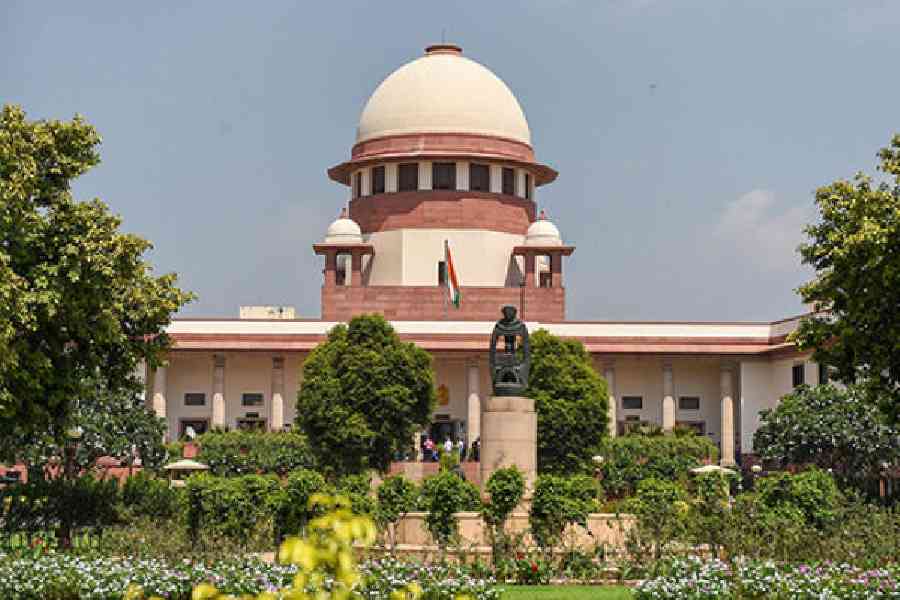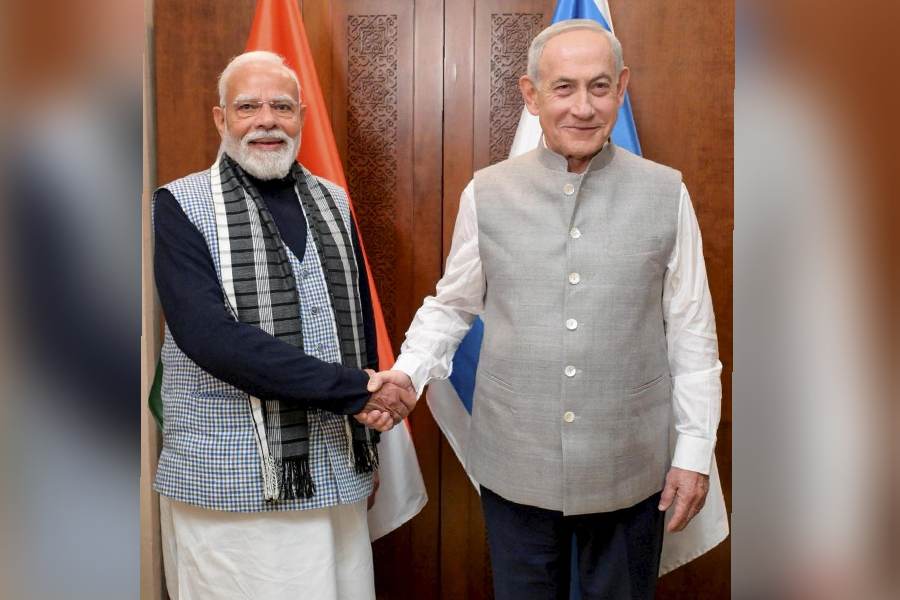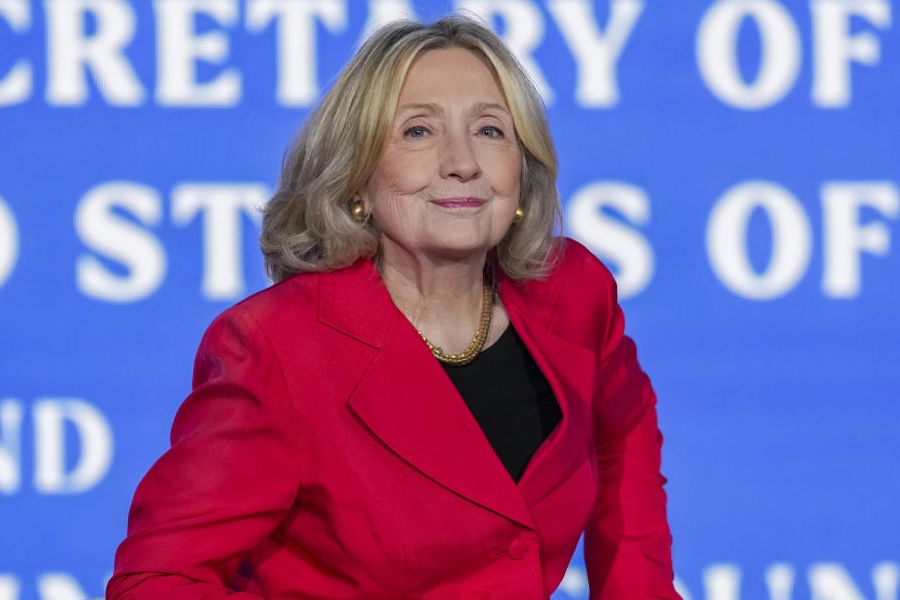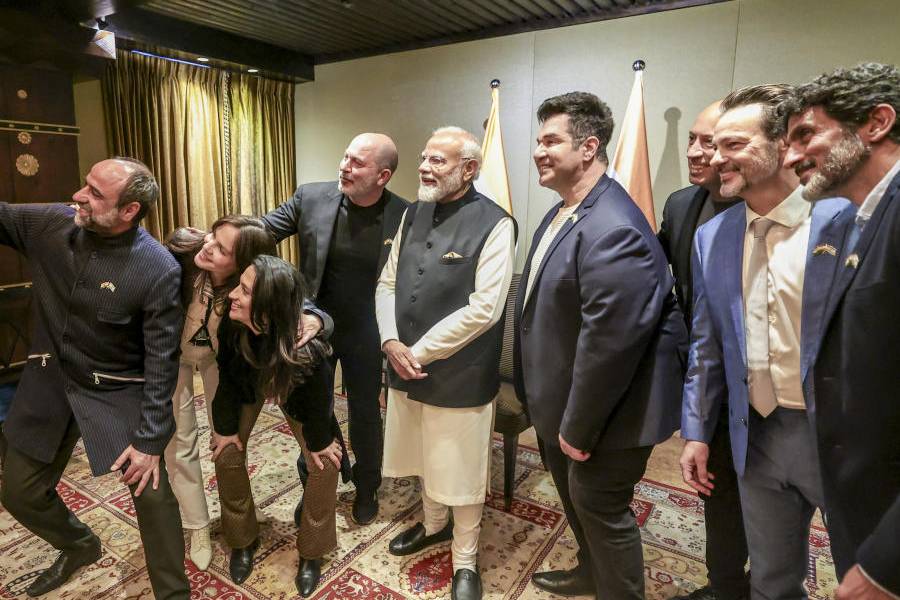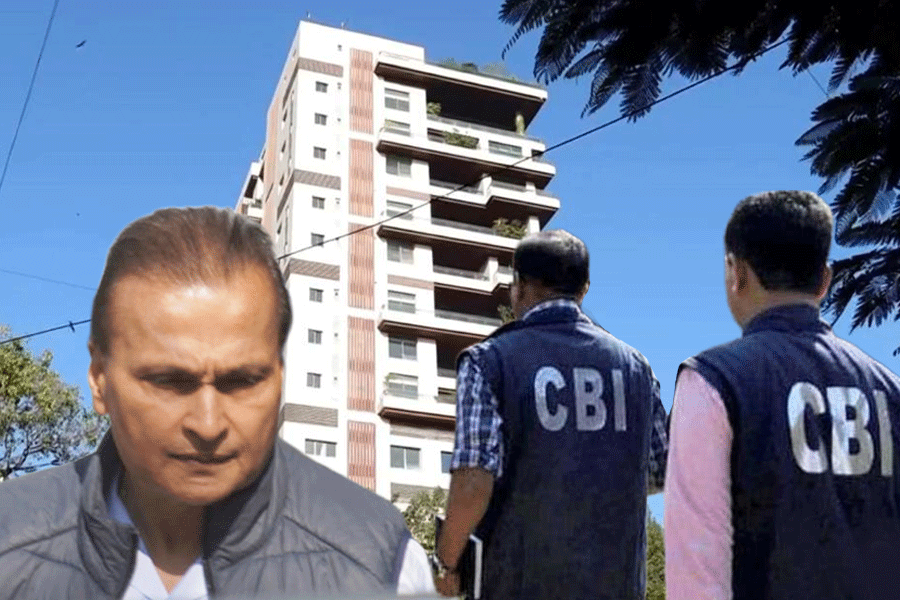The Supreme Court on Friday ruled that police and other investigating agencies cannot summon lawyers appearing on behalf of their clients to probe an offence as it violates the sanctity of the lawyer-client relationship protected under the law.
The court said such action can be taken only in exceptional circumstances.
A bench of Chief Justice B.R. Gavai, Justice K. Vinod Chandran and Justice N.V. Anjaria passed the verdict while disposing of a batch of petitions filed by lawyers’ associations challenging a recent trend among the probe agencies and police of issuing summons to advocates representing their clients.
The apex court added that only a court could order the production of digital devices belonging to lawyers, and due diligence must be exercised while examining them.
If a digital device is produced, the court will issue notice to the party on whom the details are sought to be retrieved from the device, and hear them and the advocate on any objection, the court said.
“When we look at the issue of a lawyer being summoned as a witness by the investigating officer (IO) or the court, to speak about the transactions with his client, we have to also keep in mind the right of a person to legal representation, which is enshrined in the Constitution itself,” Justice Chandran, who authored the judgment, said.
“The investigating agency/ prosecuting agency/ the police cannot directly summon a lawyer appearing in a case to elicit the details of the case, unless there is something, the IO has knowledge of, which falls under the exceptions, in which case it has to be specifically mentioned in the summons, which the lawyer summoned can challenge under Section 528 of the BNSS,” he added.
The top court made it clear that any such summons to a lawyer by the IO has to be issued “with the approval and satisfaction of the hierarchical superior, not below the rank of a superintendent of police, which satisfaction has to be recorded in writing and should mention the facts leading to the exception under Section 132 (of BNS), for which the summons is issued”.
The court noted that Section 528 of the BNSS provides ample inherent powers to high courts to quash such summons or criminal proceedings against lawyers in breach of the statutory provision.
“We are of the opinion that sufficient judicial oversight is prescribed under Section 528 of the BNSS,” the bench said.
Section 132 of the BNS deals with the professional communications of lawyers with their clients.
The bench said the power to summon, conferred on an IO under Section 179 read with Section 175 of the BNSS, was not an absolute or a blanket power to be exercised without looking at the provisions of Section 132 of the BNS.
“We cannot deny the power altogether or place fetters on it by framing guidelines, especially when there are limits and exceptions to the privilege conferred on confidential professional communications between a client andan advocate.
“If there is an overreach, the constitutional courts could always be approached…. The power to summon under Section 175 & 179 is not the power to interfere with the privileged communications between a lawyer and client, as long as the constitutional courts sit, in this country,” the bench said.

